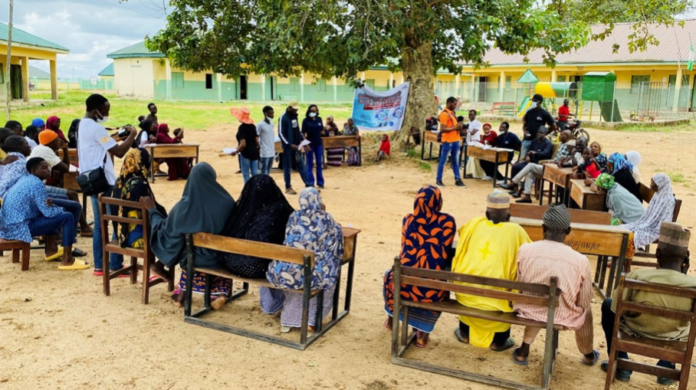By Hosea Parah, Abuja
In a significant call to action, Nigerian universities have been urged to leverage their extensive land holdings for agricultural and economic activities, aimed at fostering local development. This plea comes in light of the country’s vast natural resources and high youth unemployment rates, which often push young people into low-paying jobs due to inadequate educational opportunities.
The Tertiary Education Trust Fund (TETFUND) recently hosted a four-day training program in Abuja for over 100 university professors, focusing on bridging the gap between academic institutions and their surrounding communities. The initiative seeks to revitalize skill-based education and promote community engagement as a means to stimulate local economic growth.
Dr. Salutu Bakari, representing TETFUND’s Executive Secretary, emphasized the economic losses associated with the underutilization of university resources, particularly in agriculture, a key sector for many Nigerian professors. He advocated for a return to an educational model that fosters skilled and innovative youth, essential for driving both local and international economic advancement.
Professor May Nwoye, Dean of Nile University, highlighted the importance of universities actively engaging with local communities to create job opportunities and promote economic growth. She pointed to successful global models that could inspire Nigerian institutions to harness local resources and industries effectively.
“Universities in Nigeria need to step up and become catalysts for economic growth within their communities,” stated Nwoye, calling for innovative solutions that can significantly enhance local development.
Professor Olusiji Aina further stressed the necessity of incorporating entrepreneurial thinking into university curricula and outreach efforts. He advocated for partnerships between universities, businesses, and communities, ensuring graduates are better prepared for real-world challenges.
“Our universities have failed to instill an entrepreneurial mindset in students,” Aina lamented. “It is crucial to rethink our approach to economic development and equip students with practical skills from an early age.”
Other participants, including Professor Muinati Bello and Dr. Tope Toogun, echoed these sentiments, urging universities to adopt early intervention strategies to combat inequality and learn from global best practices while adapting them to local contexts.
Experts remain hopeful that by embracing community-driven development, Nigerian universities can unlock untapped potential, reduce inequality, and pave the way for a brighter economic future for all.

